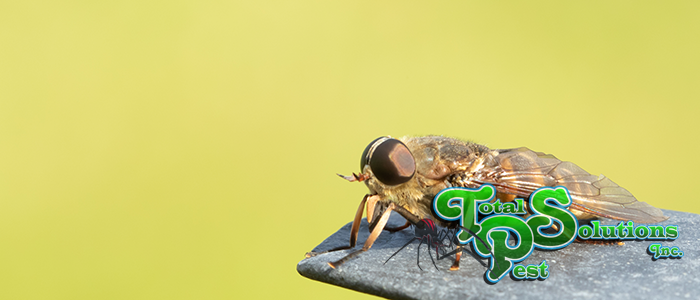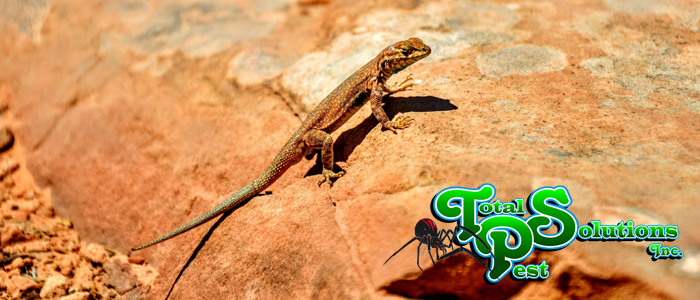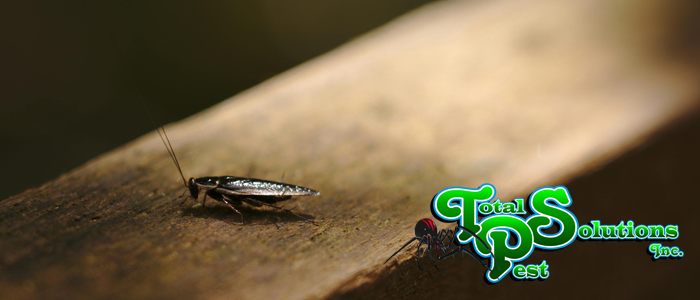
All About Florida’s Horseflies
With summer weather comes all manners of pests and biting insects. In Florida, that usually means mosquitoes the size of a horse, but there are other insects that bite. One that we get questions about from time to time is the horsefly.
It can be tricky to avoid horseflies in Florida summers. This is especially true at large outdoor events. This article will tell you some basic horsefly facts and how to treat their bites.
What are Horseflies?
If you’ve somehow never encountered one, don’t worry – They’re pretty easy to figure out. Horseflies are flying insects that resemble common houseflies. Usually, they’re a bit bigger, though there are smaller species.
You can tell a common fly from a horsefly pretty easily. Horseflies are stockier, and tend to have more courageous dispositions. They have darker wings with distinct veins. Their eyes are also a little different – Larger, yellow, or green, and they may have patterns. They also sometimes appear to have two large fangs, but they don’t have teeth. Those are feelers that hide their cutting parts.
Interestingly, only the female horsefly bites. This is because males lack the necessary mouthparts.
How Do They Bite?
Horseflies need to take blood meals in order to lay fertilized eggs. Blood is rich in protein, so the flies need it in their diet. Horseflies have complex mouths. They usually have triangular sheaths that cover little knife-like parts called stylets. Some horsefly species have six stylets, but all have at least two. They use these needle-like mouth parts like scissors, cutting wounds into your skin.
Once you’re bleeding, they use a sponge-like appendage called a labium to “vacuum up” the blood. Because it’s a more physically traumatic injury than a mosquito bite, horsefly bites can be painful.
Are They Dangerous?
Aside from being a nuisance, most horseflies aren’t disease vectors. If you have livestock, they can be a major problem for your animals and cause bleeding or swamp fever in horses. The worst that can happen in humans is usually an allergic response or infection. Even if you don’t have livestock, they can also be a nuisance to your pets. Dogs are up to three times more likely to suffer horsefly bites than people.
If a horsefly bites you, keep an eye on the wound for infection. Because they create an open wound, bacteria can get in and cause problems. This is why you should never scratch a horsefly bite. Instead, clean the wound with warm water and gentle soap. You can also apply a cold compress or an ice pack for ten minutes to soothe the wound.
Avoiding Horseflies
Because there are so many places they can go, they’re almost just a fact of life. There are some things you can do to limit bites, though. Wearing long-sleeved, brightly colored (especially white) clothes will make it harder for them to see you. Long clothing makes it harder for them to bite. While bug spray is good at keeping mosquitoes away, only 50% DEET will usually work on horseflies.
It would be best if you also avoided stagnant fresh water in the summer, especially around tall grass. Horseflies breed in these areas so you might walk into a whole swarm of them.
You can learn more about Florida’s biting insects on our website. If you feel you’ve got a major horsefly problem, there may be steps you can take to reduce their population. Call us if that’s the case; we’d be happy to see what we can do.
continue reading
Related Posts
How to Get Rid of House Lizards Without Killing Them
What They Don’t Tell You About Gardening in Florida Florida






